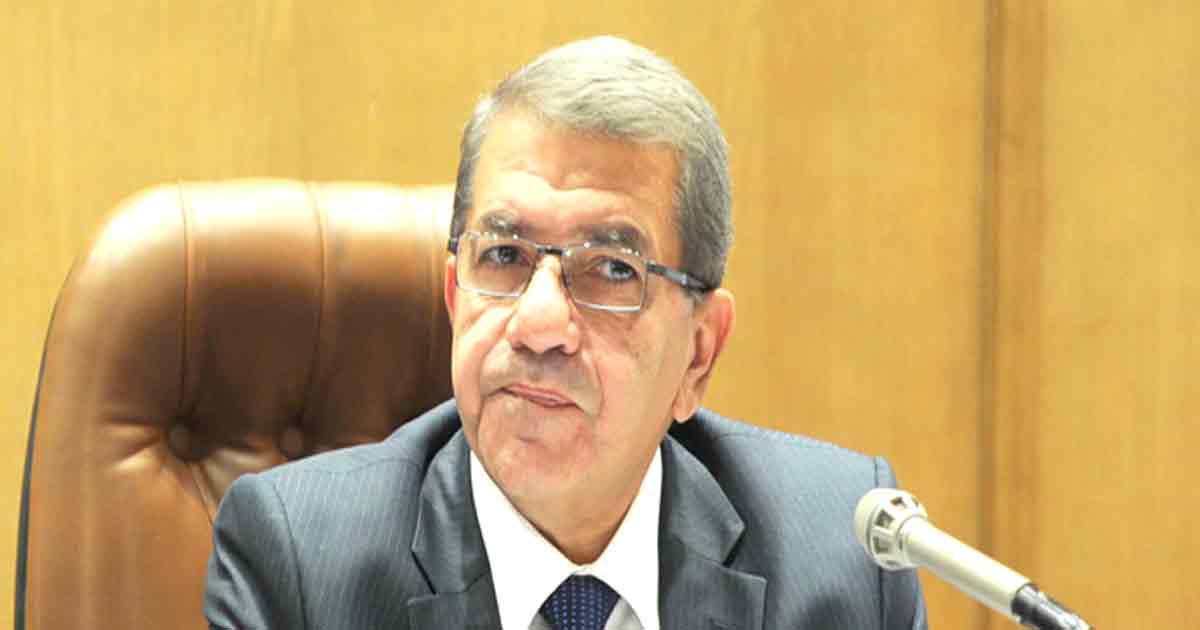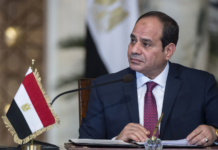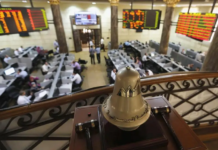Finance Minister: The state is committed to its main role in providing social justice and protection
Egypt has a promising economy with abundance of resources and potentials
The government’s economic policies, in coordination with the central bank, seek to control inflation rates gradually: Through Decreasing budget deficit, proceed on with tax reforms and apply a new customs law to ease procedures.
Egyptian Finance Minister Amr El Garhy said the government gives top priority to achieving social justice, as its 2016/2017 public budget is based on maintaining funds allocated to certain social programmes and projects. It also focuses on improving the social justice and support systems to ensure that protection, services, subsidies and other forms of support are accessed by those who need it most.
On top of these programmes comes expanding the food subsidy system and improving health insurance services to cover the whole family instead of only an individual.
The preliminary financial statement of the 2016/2017 budget, issued by the ministry for the 2nd year in a row, shows the national and international economic framework. It also depicts the key assumptions that should be considered to setting the new budget, through which the government plans to achieve an economic boom to satisfy needs to a sustainable and quick progress of living standards. Meanwhile, it would commit to its main role in achieving social justice, investing in human development, improving infrastructure, and ensuring a stable and sustained financial system on the short-term.
Egypt is a very promising economy with abundant resources and potentials that enable it to compete with emerging and developed economies, said the minister. Yet, reforming all disorders that kept piling up in the past years takes time and effort.
The preliminary statement highlights the governmental direction, policies and programmes that will be present in next year’s budget, the minister added. It will be presented to the public to engage them in preparing the budget.
He pointed out that the issuance of such report is a proof of how serious the ministry is in adopting transparency and social engagement, when it comes to setting the budget, as, it releases as well a detailed financial statement on the state’s public budget and citizen budget, a semi-annual financial report, and monthly data on performance.
The preliminary statement refers to a set of goals, under a comprehensive organised economic frame for the coming year and the short-term. For, 2016/2017 budget target achieving a 5 per cent growth rate, while focusing at the same time on fulfilling an inclusive labour-intensive growth, with its influence reaching out to all the society sects. This would enable creating new job opportunities to undermine employment rates to 11-12 per cent.
In addition, next year’s budget aims at curbing total deficit to drop to 8-8.5 per cent on the short-time by the year 2019/2020. It is expected that public revenues of next year’s budget will post 20 per cent growth, while public expenses will likely register 13 per cent growth, compared to this year.
The government’s economic policies, in coordination with the central bank, seek to control inflation rates gradually through decreasing budget deficit connected with demand, while boosting production rates, related to supply. It also endeavors to proceed on with tax reforms- including VAT, income tax and countering evasion- and apply a new customs law to ease procedures.
The most significant money policies, reflected in the budget, are those aimed to boost economic activities, reform public financial system, and sustain social protection systems. These policies include increasing growth and operation rates through enhancing national and international investments, role of the private sector and capabilities of small and medium-sized projects.
As for the real-estate taxes, the government plans to improve the related data, inspection and inventory systems, and settling accountability agreements with certain ministries linked to economy, like tourism and petroleum.















